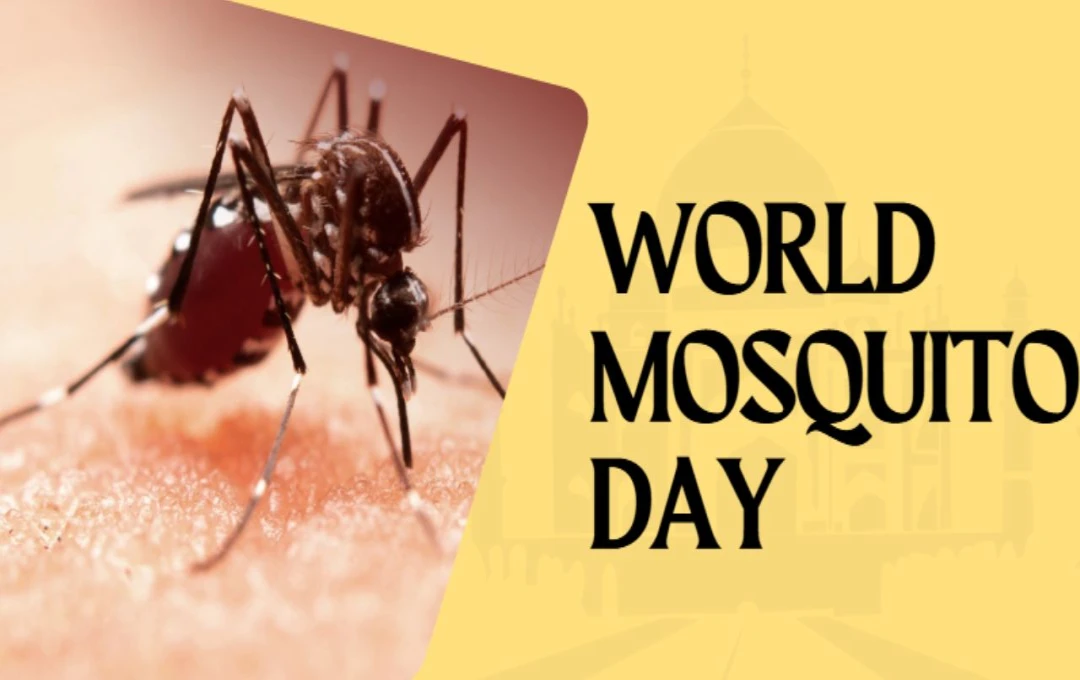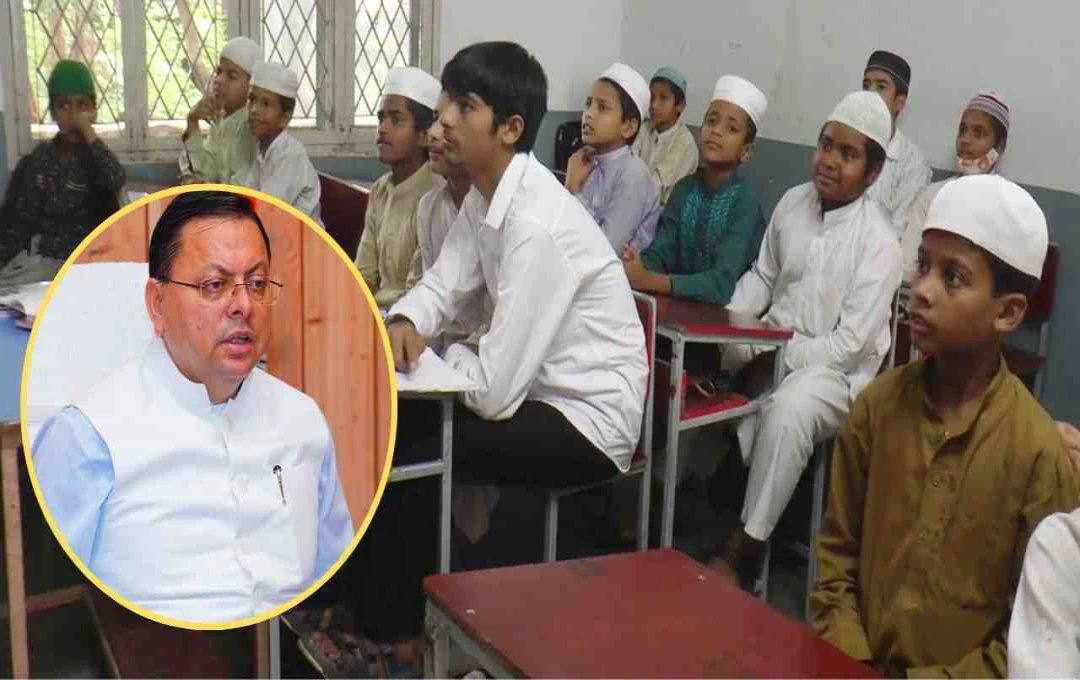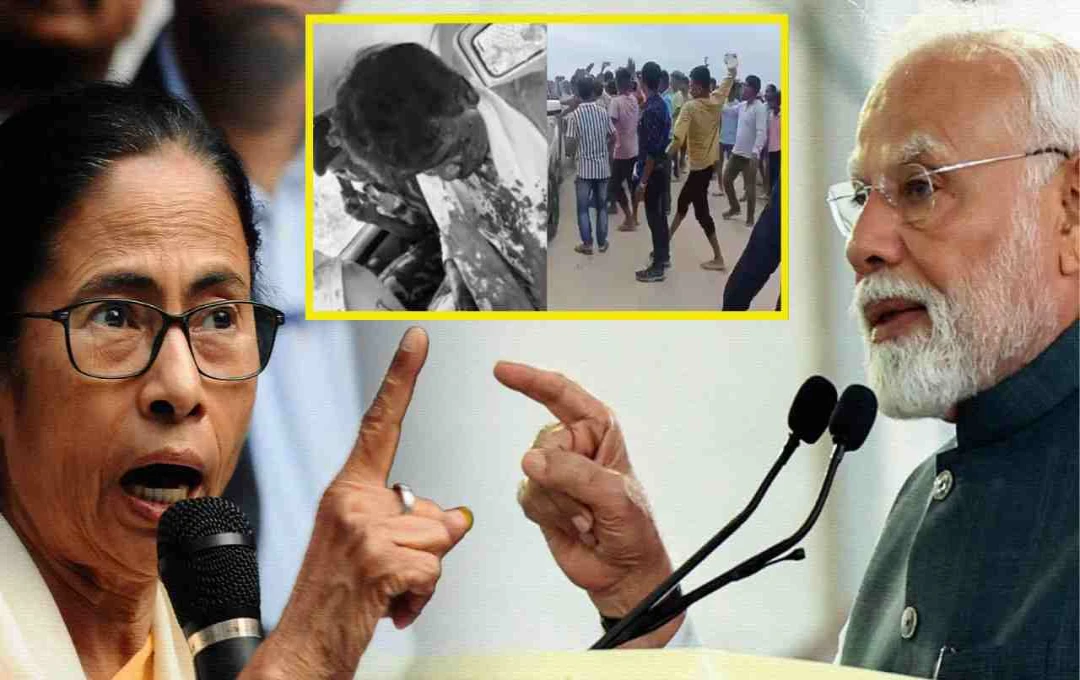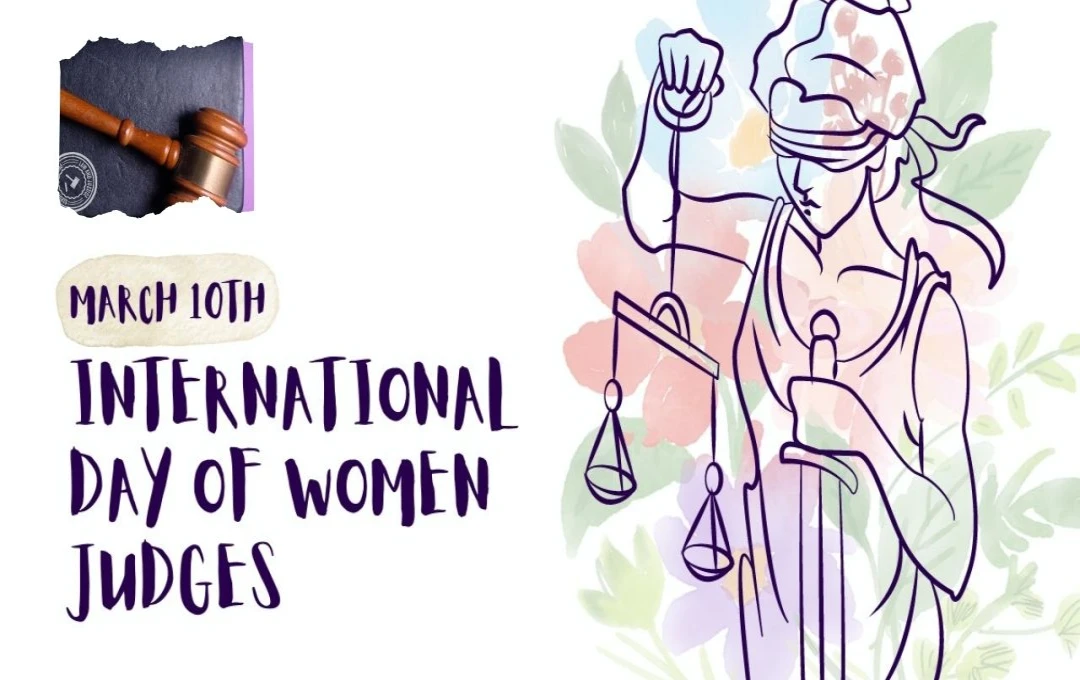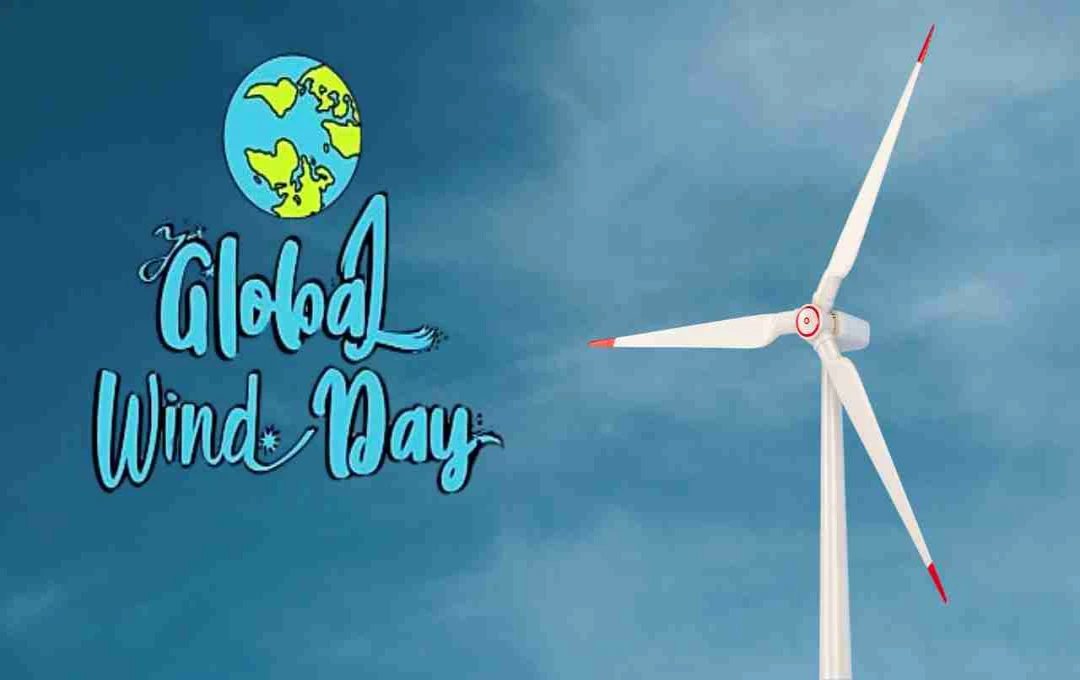World Mosquito Day is observed every year on August 20th across the globe. At first glance, it might seem surprising that there's a day dedicated to mosquitoes, especially since these tiny creatures are often responsible for serious diseases like malaria. But the main goal of this day is precisely that – to raise awareness about diseases spread by mosquitoes, particularly malaria, and to inform people about preventive measures.
No matter how small mosquitoes may be, they play a vital role in nature's life cycle. However, from a human health perspective, their impact can be severe. Therefore, World Mosquito Day is observed to promote health awareness and disease prevention.
History of World Mosquito Day
World Mosquito Day was established in 1897. It began in honor of Sir Ronald Ross's discovery. He made the groundbreaking discovery that malaria is transmitted through mosquito bites. Ross's discovery revolutionized the field of medical science and public health. After this discovery, it became possible to understand the prevention and control measures for deadly diseases like malaria from a scientific perspective.
Malaria is a disease caused by a parasite called Plasmodium, and only infected female Anopheles mosquitoes can transmit it to humans. Upon a mosquito bite, this parasite enters the bloodstream and can affect the entire body.
Impact and Statistics of Malaria
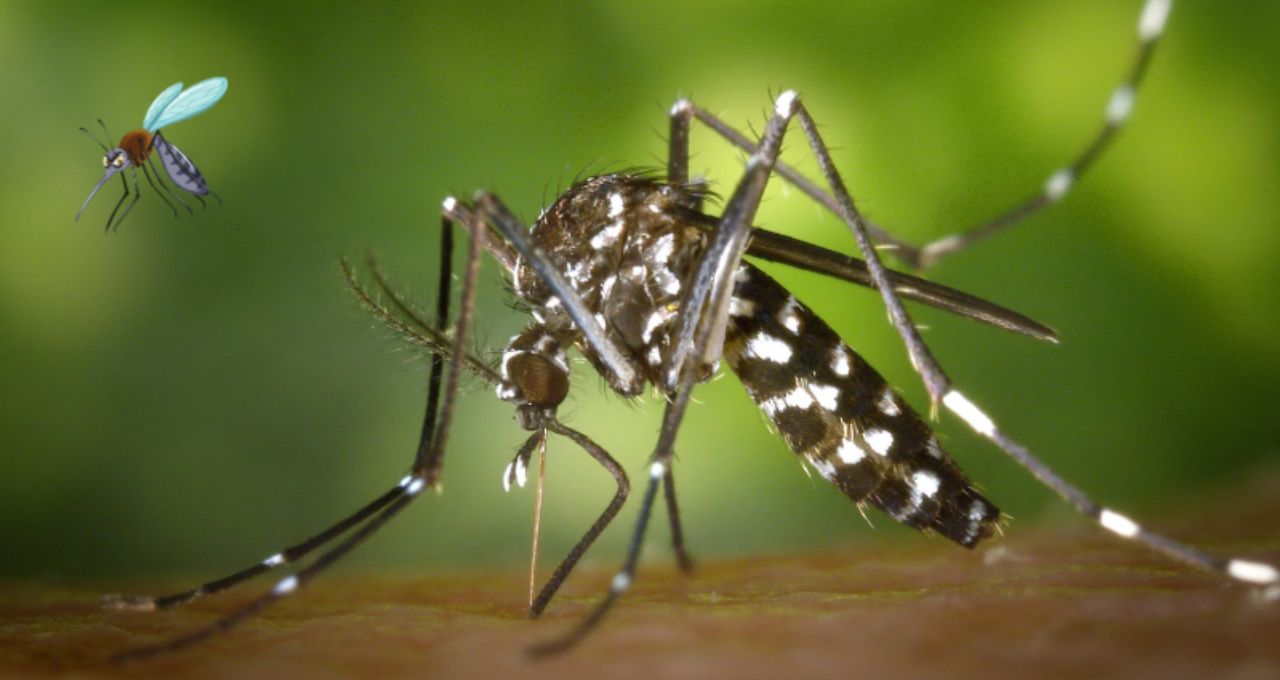
Malaria continues to endanger the lives of millions of people worldwide. According to the World Health Organization (WHO), approximately 435,000 people lose their lives each year due to malaria, and about 219 million people are affected by it. This figure only represents those who have received medical assistance; the actual situation may be even more critical.
Malaria is primarily found in tropical countries. Approximately 70 percent of its global burden is concentrated in 11 countries, including India and countries in the African continent. In such a scenario, it is essential for people to take appropriate precautions, especially when traveling to malaria-affected areas.
Mosquito and Malaria Prevention Measures
On the occasion of World Mosquito Day, several measures can be taken to protect against mosquitoes:
- Use of Mosquito Nets: Using a mosquito net while sleeping prevents mosquito bites.
- Mosquito Repellent Creams and Sprays: Applying repellent cream on the body or spraying it in the room is also an effective measure.
- Malaria Pills: Taking malaria pills on the advice of a doctor before traveling to malaria-affected areas is essential.
- Cleaning and Drainage: Do not allow water to accumulate in and around the house, as it is a breeding ground for mosquitoes.
These simple yet effective measures can prevent diseases caused by mosquitoes.
Ways to Celebrate World Mosquito Day
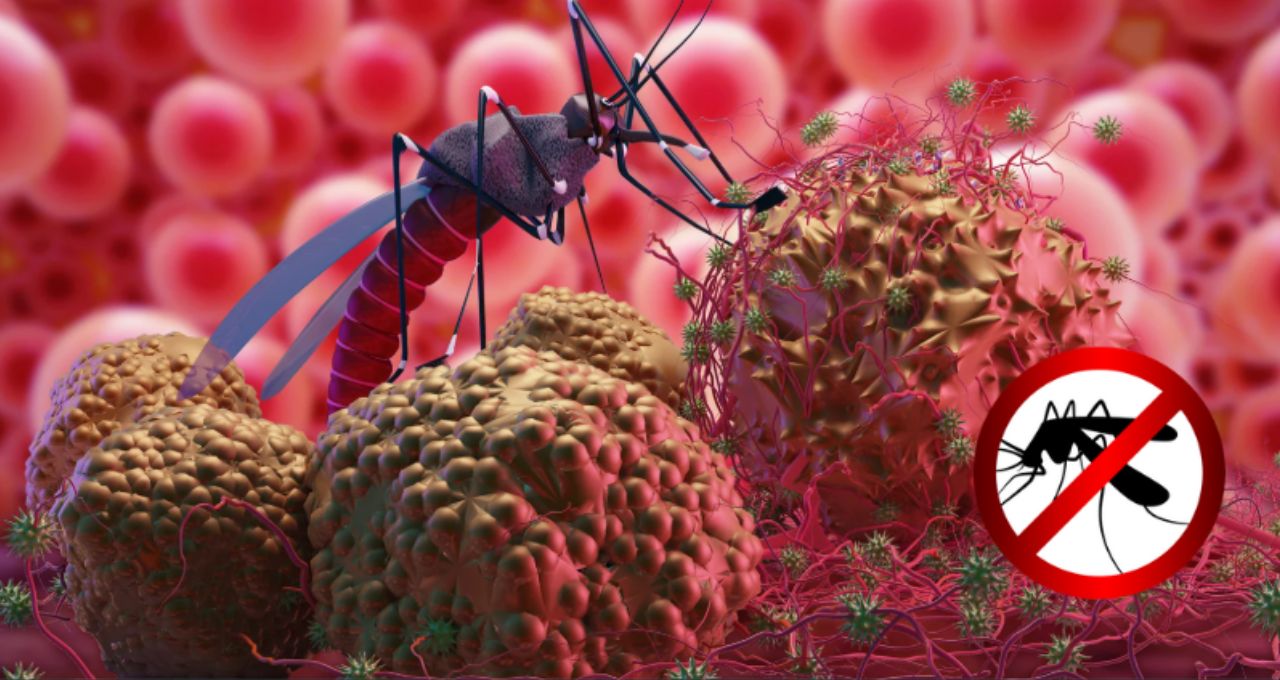
- Organize Fundraisers
You can organize charity fundraisers, such as bake sales, runs, or other recreational activities, and use this money to deliver mosquito nets, medicine, or other safety equipment to areas affected by malaria. - Spread Information and Awareness
Sharing information about malaria and mosquitoes online or locally is an excellent way to raise awareness. People often overlook the dangers around them, so spreading education and information is important. - Share Stories of Malaria Survivors
Stories of those who have survived malaria inspire people. These stories show that awareness and timely treatment can save lives. - Honor Scientific Achievements
World Mosquito Day also honors Sir Ronald Ross's discovery. He discovered the link between mosquitoes and malaria in 1897. This discovery revolutionized health and disease control worldwide.
Malaria and Medical Research
Malaria is treatable, but research is ongoing. The effectiveness of many drugs on malaria has become limited because the parasite has developed resistance against these drugs. As a result, scientists and doctors around the world are constantly researching new and effective drugs.
Malaria has been completely eradicated in some countries. For example, malaria was eliminated in Greece in 1974. Malaria is controlled in high-income countries because monitoring and prevention measures are effectively implemented there.
World Mosquito Day, celebrated on August 20th, is not just about mosquitoes but is an important day for human health and awareness. It reminds us that dealing with deadly diseases like malaria is not just the responsibility of the government or doctors, but a shared responsibility of all of us.
